Developing Stakeholder Skills
Creating a large cohort of marine wildlife stakeholders who can understand and conduct scientific research and monitoring is critical to sustaining conservation
We create new knowledge by monitoring the abundance and characteristics of species in key sites. We train local fishermen to help us at sea and engage our local communities to obtain information on sightings of important species. We share this knowledge in many different formats to many different audiences, from the youngest audiences to politicians and other decision-makers.
Through this, we hope to inspire a sense of wonder about the ocean, to promote sustainable tourism and to foster the effectiveness of marine protected areas.
Our Projects

Empowering Partners to Engage in Science and Conservation
MarAlliance trains and works with local traditional fishers, conservation and marine protected area partners and students when conducting research and monitoring activities and subsequently supports their training of other similar groups. This horizontal approach to training supports the use of standardized and replicable field methods and underpins the ability to scale up both fieldwork and conservation impact. At least 136 traditional fishers and guides from our current research sites in seven countries have have been trained to conduct standardized fisheries dependent and independent research and data collection.
These skills have provided several fishers with up to 25% of their annual income from research and monitoring activities alone and enabled them to work with a range of other scientists. This additional livelihood helps to decrease fishing effort while the fishers are conducting science.
Marine Megafauna Monitoring Courses
Empowering the next generations is key to creating decision-makers who care for the sea. To date, we have trained over 460 primary, high-school and university students in 1-4-day hands-on field courses. The training included topics on fisheries-independent megafauna monitoring techniques for sharks, rays, and turtles.
The longer field courses included longline preparation, deployment, animal handling, in-water transects, abundance estimation work, size estimation, baited remote underwater video set-up and deployment, data collection, and basic analytical techniques.
Several of the students have gone on to work in the marine field.


Other Capacity-Building Courses
Knowing how to analyse and interpret your data in a standardized manner and getting your results and conservation messages out loud and clear are key to conservation success. To support common conservation goals and empower our partners to analyse data they collect we created and hosted a two week international data analysis/modeling/ interpretation workshop for regional marine megafauna monitoring partners in partnership with the University of Santa Cruz and the Wildlife Conservation Society.
Based on the success of the data workshop and to help our partners better articulate their conservation messages we created the first video conservation messaging course with the Houston Zoo and brought together regional partners to learn how to shoot and edit video and craft compelling and impactful conservation messages.
